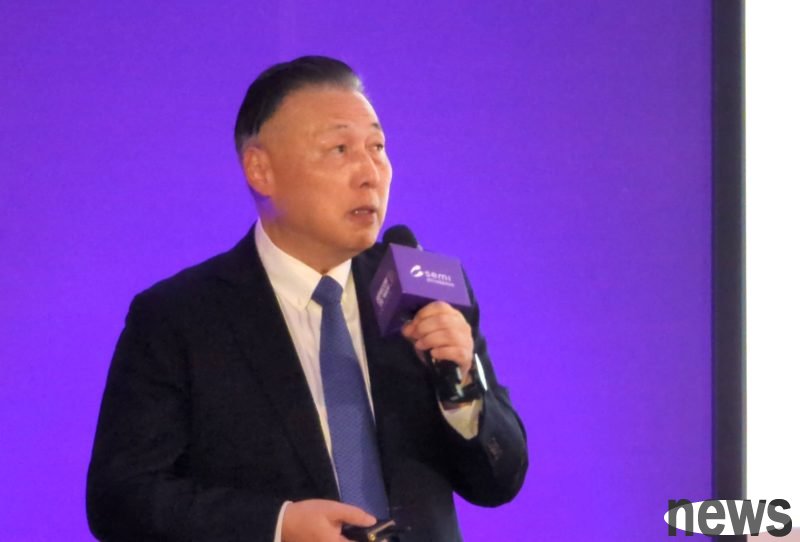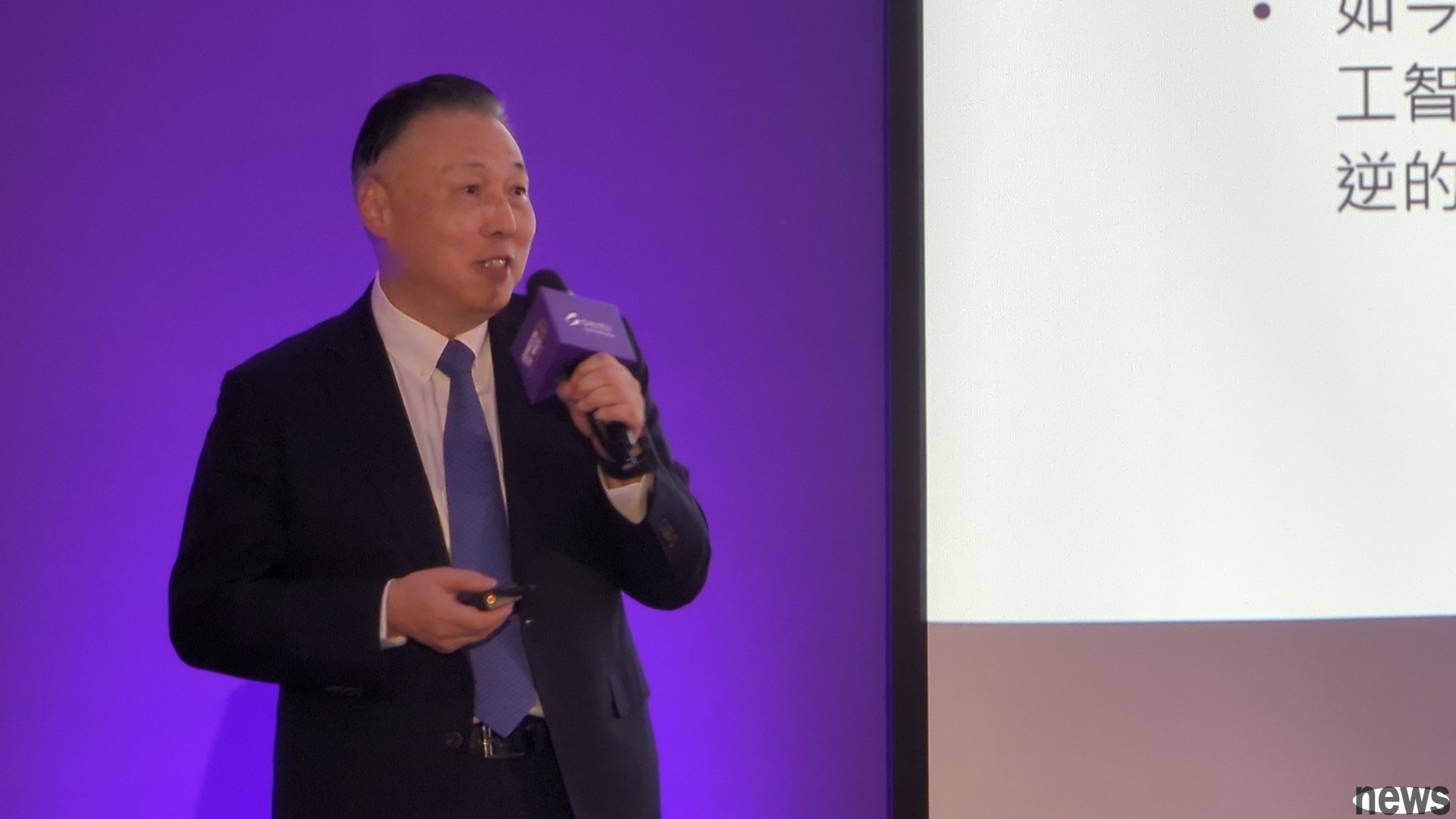
Yun Moonlight Project Control Executive Director and Chairman of SEMI Global Board of Directors Wu Tianyu said that in the context of the increasingly complex global environment, semiconductor industry is facing unprecedented challenges and opportunities. In the next decade, global semiconductor investment is expected to exceed one trillion US dollars, but the focus has shifted from a single "quantity" to "value", and the industry value chain will enter the key reshaping stage. During this period of change, the urgent task for Taiwanese and global semiconductor companies is to think about how to establish their own survival and competition methods in a more complex environment.
Wu Tianyu said at the Semicon Taiwan pre-exhibition reporter meeting that the two cores of complex environments should be to make Taiwan stronger. This is also the foundation for the enterprise to establish itself. No matter the environment changes, strength is still the key. In addition, it is to propose a simpler solution. That is, in a complex world, it can provide customers with simpler and easier-to-use solutions, which will become the support method for enterprises. This means that companies must develop from the perspective of customer usage and capabilities, and turn them into simplicity.
Wu Tianyu said that although global semiconductor investment will reach a scale of one trillion US dollars in the next, the real focus is on how to get the highest value from it and who can occupy a dominant position in the reshaping of the value chain. The short-term challenge is to meet the demand for advanced processes of global supply chains, especially the development trends of AI applications after Hyperscaler AI, and to prepare in advance. This includes key areas such as automation, silicon photons (COWAS), and subsequent power management.
For the medium-term part, enterprises need to choose strategic goals that are suitable for Taiwanese companies and industry chains under diversified political uncertainty. As customer sizes grow and demands become more savvy, selective focus becomes more important. Future competition is no longer limited to a single cycle of wafers, packaging, testing or materials, but should be developed from the perspective of overall system optimization. Facing the bottle of Moore's Law, 3D IC, silicon photons and energy management will be the key to improvement and optimization, with the goal of increasing the CP value of the system and cost.

Wu Tianyu pointed out that the change in the global landscape and the "new normal" are the changes in the past forty years. The global semiconductor industry has centered on the United States and formed a "one to many" single pure supply support relationship. Nowadays, the pattern has changed, and the boards and countries in each region have their own strengths due to long-term development, forming a "one to many" mutually beneficial relationship. However, the rapid development of AI artificial intelligence has brought universal guiding advantages, but it has also deepened the conflict of interests between power and security in various countries. The complexity and inconsistency of this mutually beneficial relationship have become an irreversible "new normal".
And in this situation of heart and heart, Taiwan’s role and key opportunity is to strengthen the ecological link and create the “strongest simple solution”. Taiwan has a relatively complete semiconductor ecological link and is powerful in the manufacturing, design, and ODM/OEM fields. Facing the new normal, Taiwan must keep pace with the times, focus on the most competitive areas, and form a more flexible overall competitive advantage.
In fact, Taiwan has been leading the way in the advanced market of AI and data centers for about three years, and expects to maintain a rapid progress trend in the next two or three years. We should make full use of this advantage, increase investment, develop new customers, and develop new technologies. To this end, Taiwan has successively established the CoWoS platform (about 2 and 3 years ago) and the Silicon Photonics platform (about 2 years ago) and is planning an energy management platform to solve the growing demand for power efficiency management under high transistor density in the future. These efforts are designed to solve the generational bottlenecks of future systems.
However, it is impossible for enterprises to be strong in all areas, so a "strong joint" strategy must be implemented. Starting from Taiwan’s friendly ecological system, through the integration of research and development, design, crystal circles, packaging and downstream ODM, we have successfully implemented COWAS, silicon photons, energy management and other technologies, and finally provided the simplest solution to the global market.
Wu Tianyu finally emphasized that Taiwan needs to cooperate effectively with global partners such as Japan, South Korea, the United States, Europe, China, India and other global partners. Its core purpose is to ensure Taiwan's continued competitiveness. By leveraging the existing complete ecological system, selective investment, and working with correct partners after the value chain has been reshaped, Taiwan will be able to form a diversified overall competition.
Next:Taiwan Stock Exchange has created a new sky price again, and Taiwan Stock Exchange rose by 348 points in four-day market, hitting a record high and flashing "25 thousand gold"